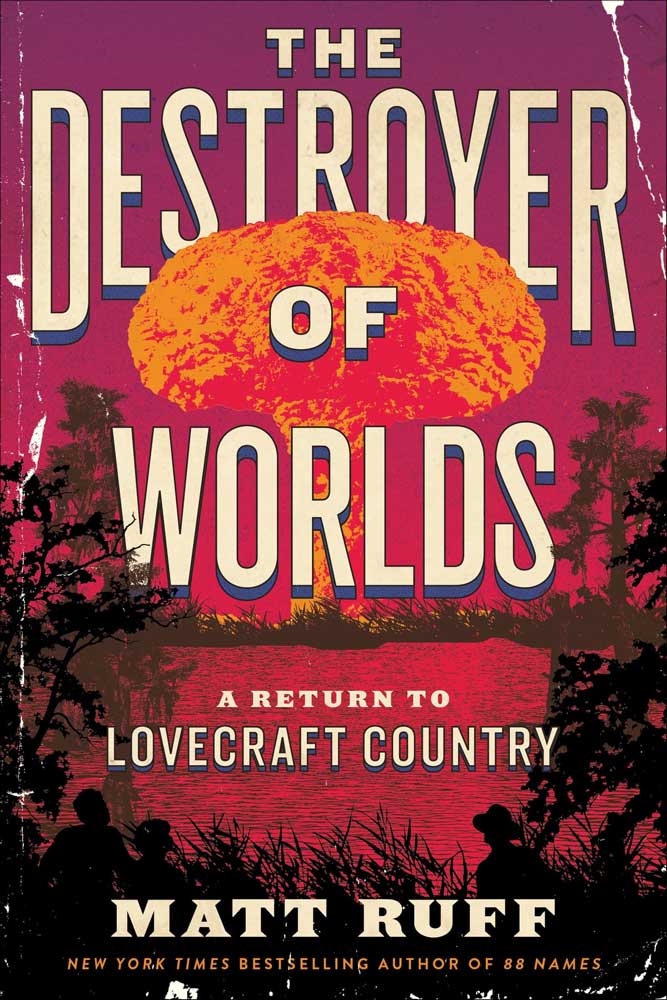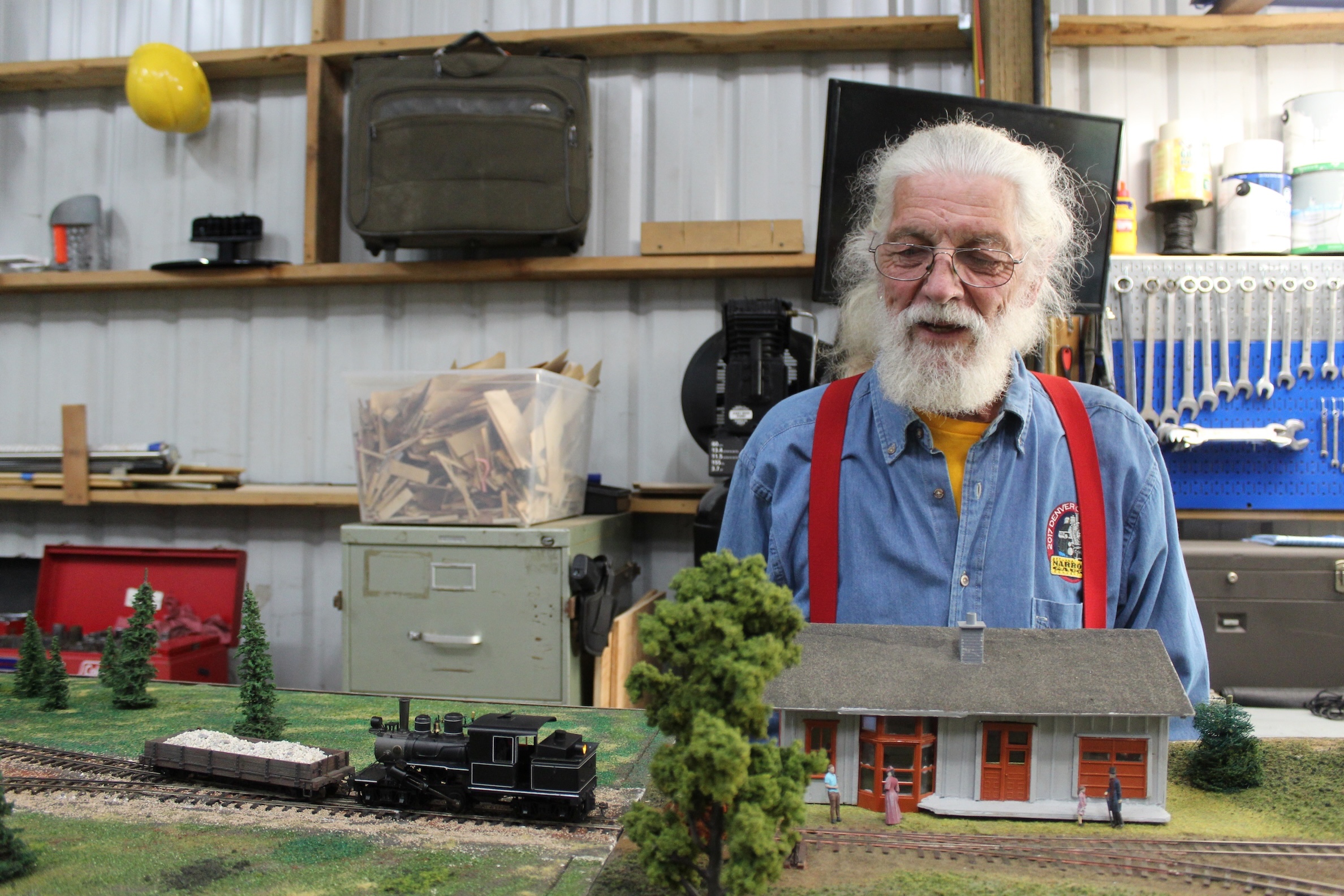Bookmonger: Novel blends history, horror and fantasy
Published 9:00 am Wednesday, March 15, 2023

- “The Destroyer of Worlds” is by Matt Ruff.
It’s been seven years since “Lovecraft Country” was published. That was Seattle author Matt Ruff’s inventive mash-up of science fiction, horror, social commentary, historical fiction and fantasy. The novel even inspired an eponymous, Emmy Award-winning HBO series that ran for a single season back in 2020.
Trending
Last week, when I cracked open Ruff’s long-awaited sequel, “The Destroyer of Worlds,” it took some time to get reacquainted with the characters and to remember once again why they’d been thrown into the same story with one another.
The author doesn’t necessarily make it easy for the reader, and it isn’t until the middle of this new book that one of his characters offers a brief recap of “Lovecraft Country” and how they got from there to here.
“The Destroyer of Worlds,” by Matt Ruff
Trending
Harper — 320 pp — $27.99
Before that point, Ruff follows his well-established penchant for presenting an array of subplots which at first glance may not seem to have much to do with each other.
At the beginning of “The Destroyer of Worlds,” we’re presented with two sets of Black characters, a century apart, who find themselves wading through the Great Dismal Swamp on the North Carolina and Virginia border in order to evade capture by malevolent white pursuers.
On the other side of the country in the mid-20th century, a Black mother, her teenage son, and a family friend are on a road trip through the desert Southwest to do research for “The Safe Negro Travel Guide.”
In Chicago, meanwhile, a ghost, a pawn broker, a disgraced magician, a brotherhood of Black Freemasons and a young woman who leads a double life with the aid of a mysterious potion find themselves variously working at cross-purposes and in uneasy alliances to cure cancer, end racism or rule the world.
Keeping all of these characters and story strands straight demands patience of the reader, but the author manages to mollify by crafting solid, richly textured chapters that at first almost seem like short stories unto themselves.
A warning: a few of these contain graphic details. (Never again will I be able to read the word “deliquescing” without involuntarily having one of Ruff’s more gruesome descriptions flash before my eyes.)
But the characters confront moments of peril with determination and wily resilience. The story, time and again, points out the generational fortitude it has taken for people of color to navigate through the systemic racism in this country. It juxtaposes everyday realities with visions of extraterrestrial worlds. It considers great existential questions and proffers solutions — some pragmatic, some magical.
Gradually, page by page, Ruff draws these characters into closer dealings with one another. Arriving by plane or automobile, carrying knapsack or teleportation machine, the characters come together to confront past aggressions, mistakes — and each other.
“The Destroyer of Worlds” suggests our capacity to reject the bad ideas of previous societies, ideas like slavery and nuclear weapons, and conceive of something better. This intriguing book is definitely worthwhile, and you’ll find it even more enjoyable if you read Ruff’s earlier book, “Lovecraft Country,” first.









